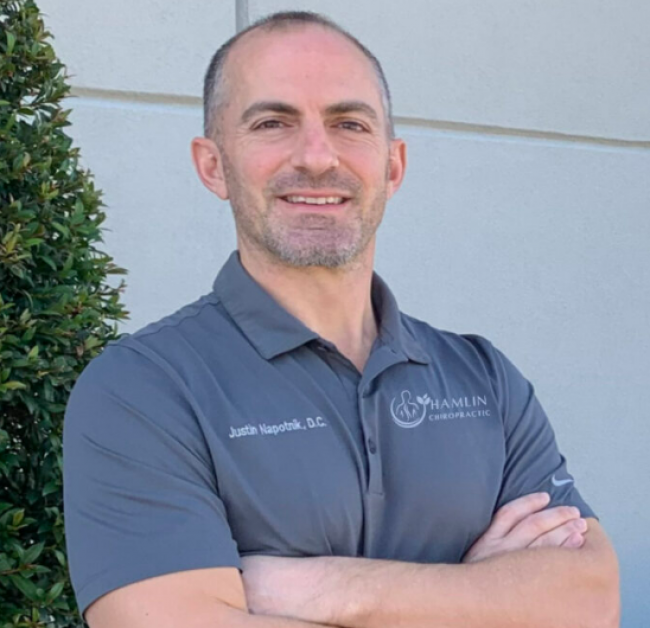Construction Law Criminal Law Drug Offenses
Special Education Issues with DCF Cases
Suspicions of child abuse or neglect are taken seriously in Connecticut. Like most states, Connecticut has a mandated reporter statute, which requires certain professionals to notify the state’s Department of Children and Families (DCF) of suspected abuse or neglect cases. This often triggers an investigation by the agency. But there can be massive complications when there are special education issues involved.
What is the Mandated Reporter Statute in Connecticut?
According to Connecticut Statutes Section 17a-101, certain professionals are required to report any suspicions of child abuse or neglect to the appropriate agency (DCF). The purpose of this law is to “protect children whose health and welfare may be adversely affected through injury and neglect; to strengthen the family and to make the home safe for children by enhancing the parental capacity for good child care; to provide a temporary or permanent nurturing and safe environment for children when necessary…”
The statute provides a long list of mandated reporters. Among them are physicians, nurses, social workers, paid childcare workers, and school employees, just to name a few. If any of these professionals have a reasonable suspicion of child abuse or neglect, they are required to file a verbal report with DCF within 12 hours and a written report within 48 hours.
How Special Education Issues Can Complicate DCF Cases
While investigations by government agencies are supposed to be fair, recent studies show they can be incredibly biased and unfair, particularly when there are special education issues involved. A recent series written by The Hechinger Report, a nonprofit organization, revealed many schools nationwide have misused their DCF reporting authority when children in the school make learning challenging or when parents don’t agree to special education services for their children.
Children with learning challenges like ADHD or mood disorders may act out in the classroom. When the school wants one thing for the child, and the parents want something different, this can put the two parties at odds. Unfortunately, schools have the power to contact the state’s child welfare hotline to ask for an investigation.






